Gallery: Excavating the Oldest Maya Observatory
Digging Down
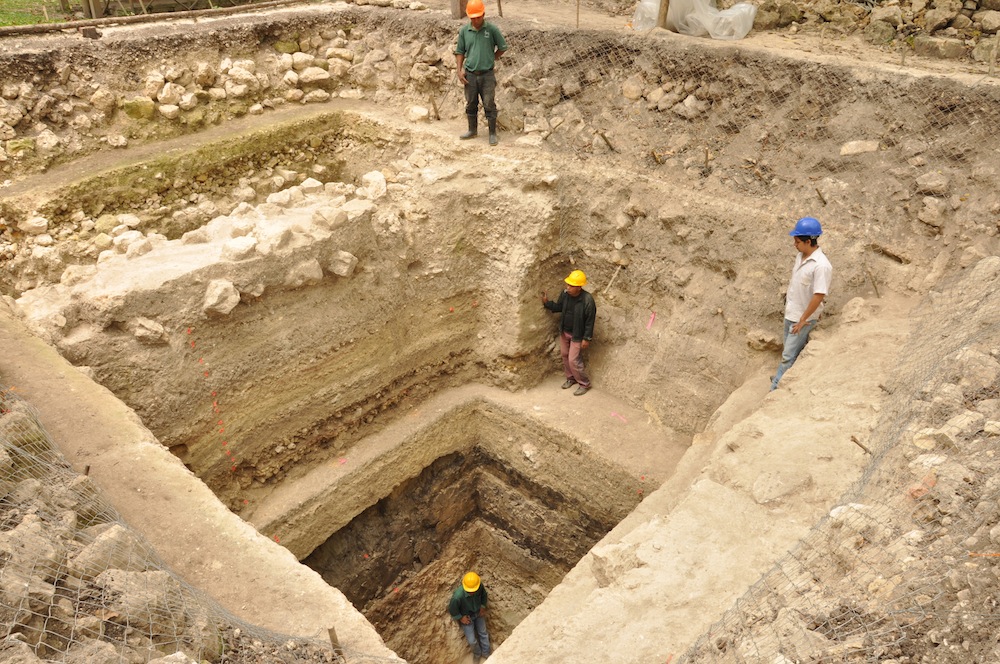
Researchers excavating in the ancient Maya city of Ceibal discovered the oldest ceremonial constructions ever, dating back to 1000 BC. These buildings later became widespread throughout the Maya world and were used as solar observatories.
Ceibal Residences
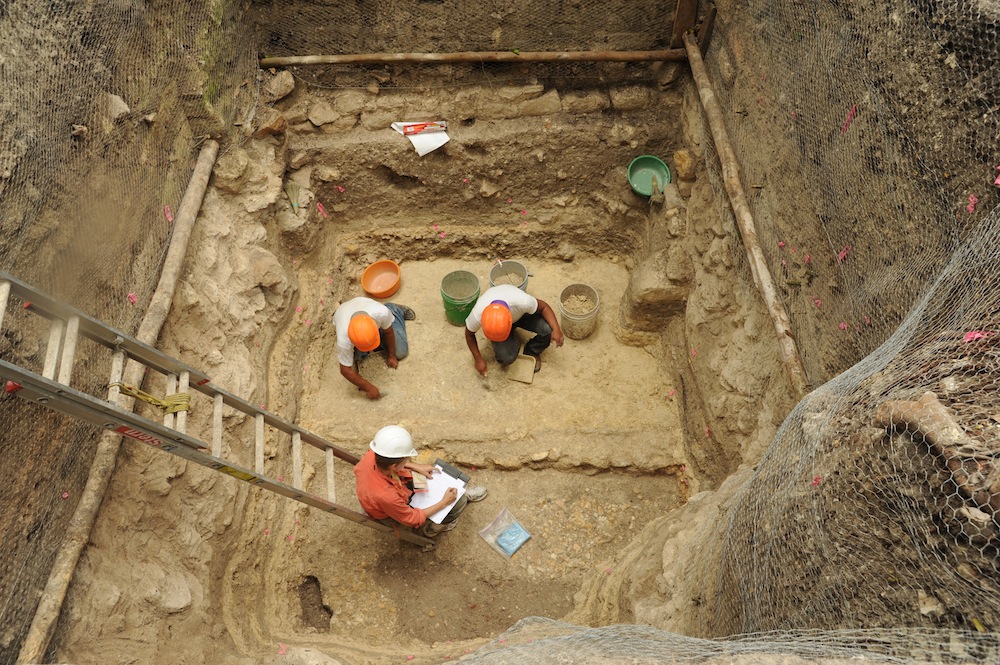
Archaeologists uncover some of the earliest residences in Ceibal. The oldest layers of the city were buried under 23 to 60 feet (7 to 18 meters) of dirt and later construction.
Early Ceibal
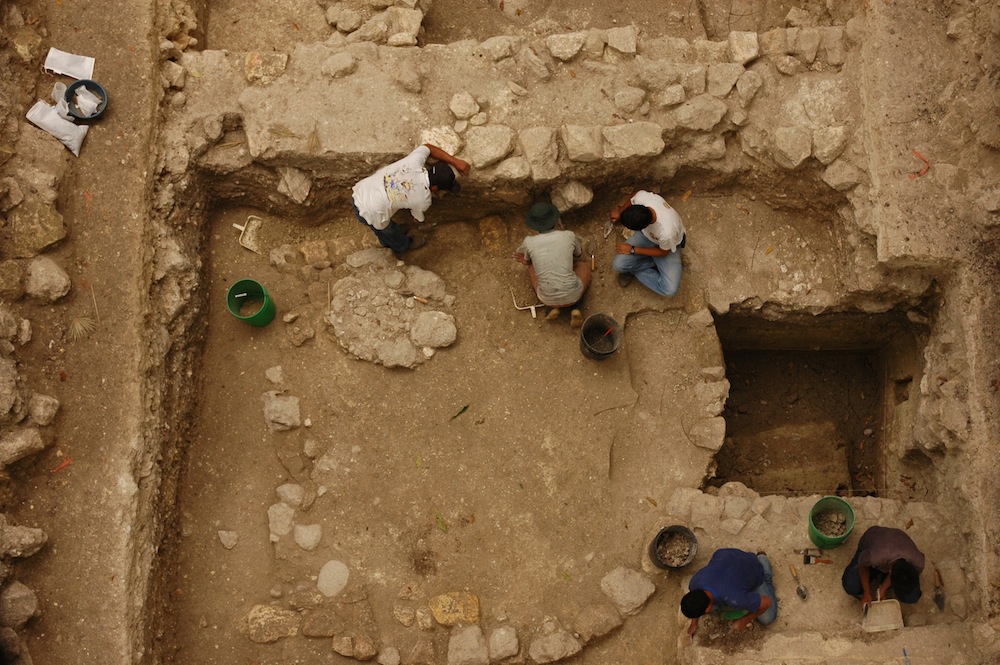
The earliest structures in Ceibal date to 1000 BC, 200 years earlier than similar structures built by the Olmec people of La Venta.
Excavating Ceibal
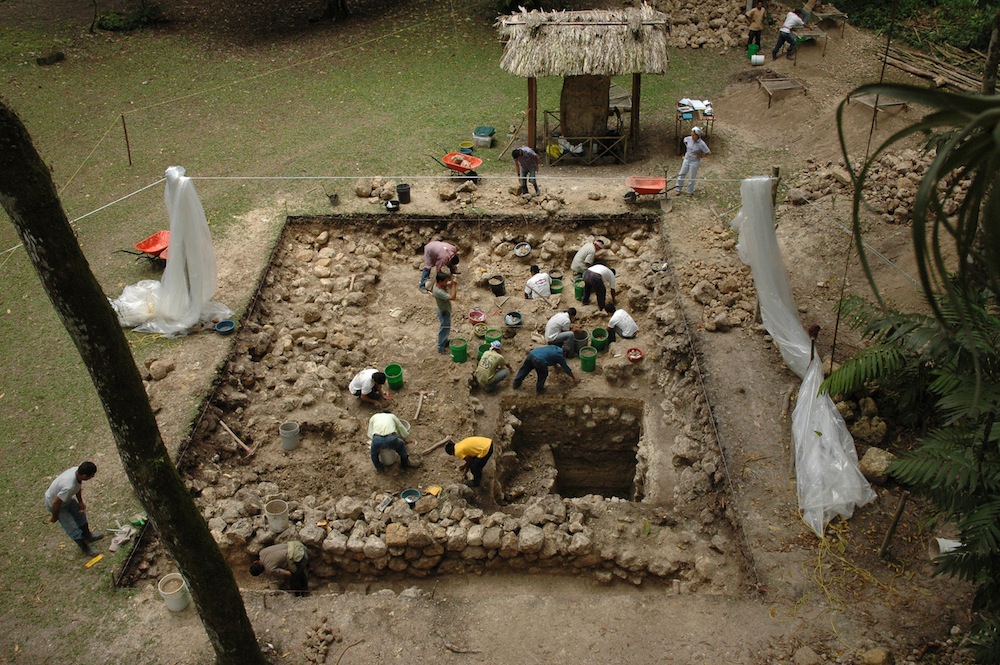
Scientists reported their findings April 15, 2013 in the journal Science, representing 7 years of fieldwork.
Tunnel to History
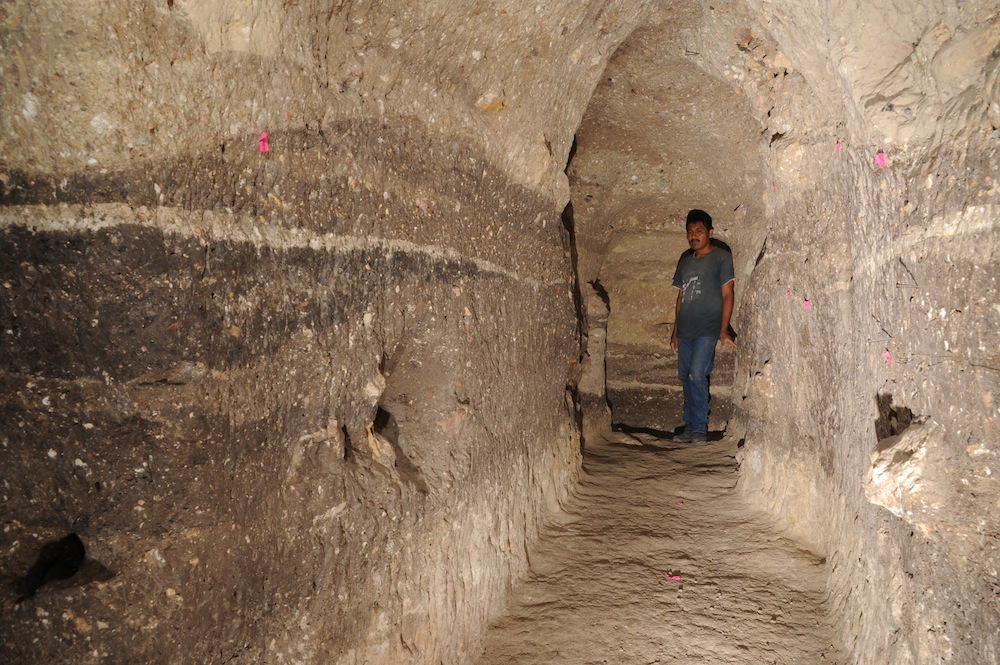
Archaeologists and workers dug a tunnel to excavate structure A-20, the oldest ceremonial construction ever discovered in the Maya lowlands. Over the 200 years after its construction, the simple platform grew into a pyramid with repeated renovations.
Stairsteps
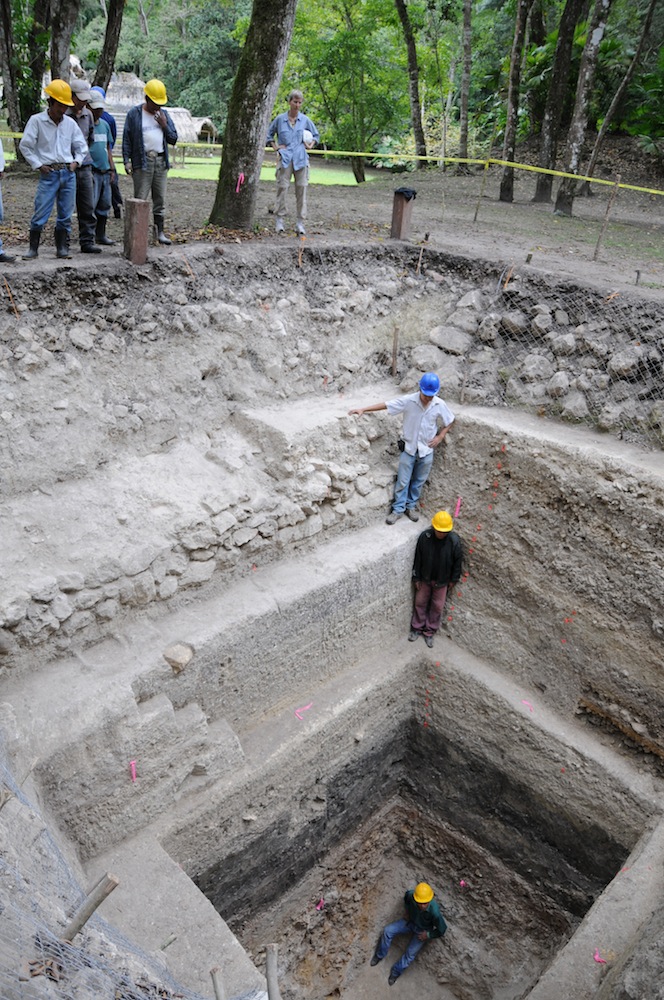
Deep excavations required great care and an elaborate pulley system to remove dirt.
Tikal Temple
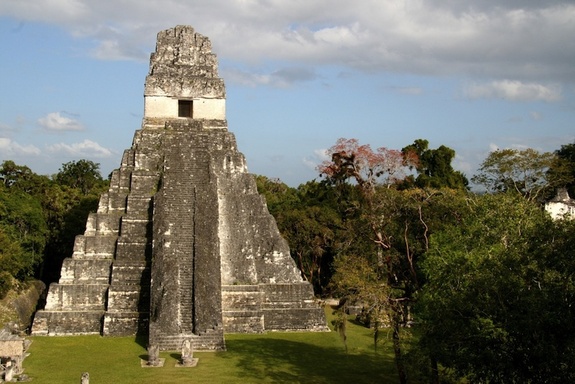
Much later, Maya civilization would flourish and its architecture would become increasingly complex. Here, a temple in the Classical Maya center of Tikal.
Sign up for the Live Science daily newsletter now
Get the world’s most fascinating discoveries delivered straight to your inbox.
Mayan Calendar
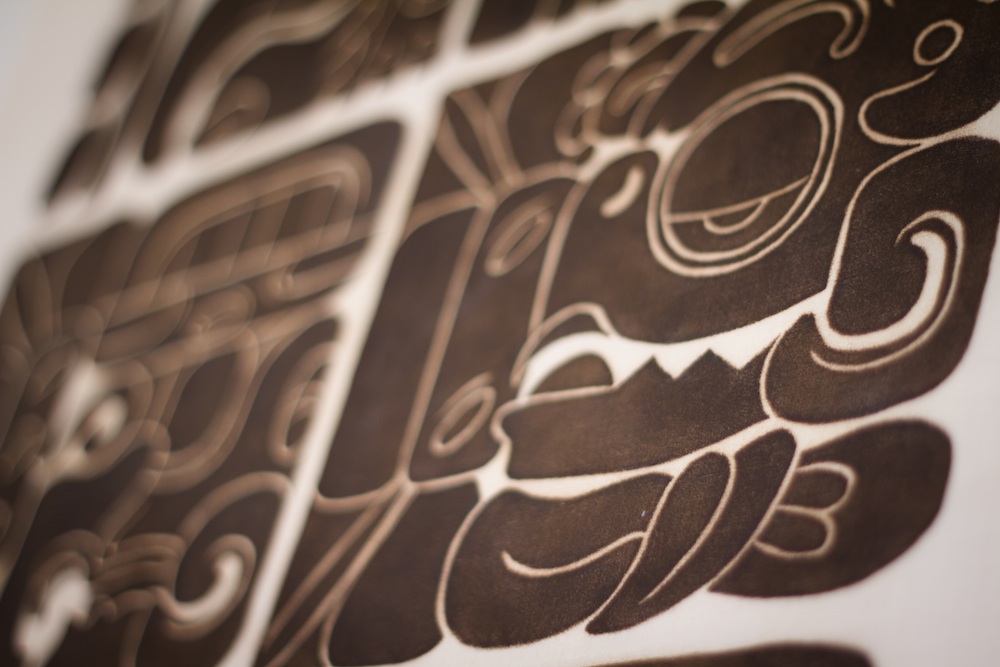
The Maya would also develop a complex calendar system. This silkscreen shows dates in the Maya Long Count Calendar and a sacred calendar called the Tzolk'in. The silkscreen is based on carvings found in Quirigua, Guatemala.

Stephanie Pappas is a contributing writer for Live Science, covering topics ranging from geoscience to archaeology to the human brain and behavior. She was previously a senior writer for Live Science but is now a freelancer based in Denver, Colorado, and regularly contributes to Scientific American and The Monitor, the monthly magazine of the American Psychological Association. Stephanie received a bachelor's degree in psychology from the University of South Carolina and a graduate certificate in science communication from the University of California, Santa Cruz.









